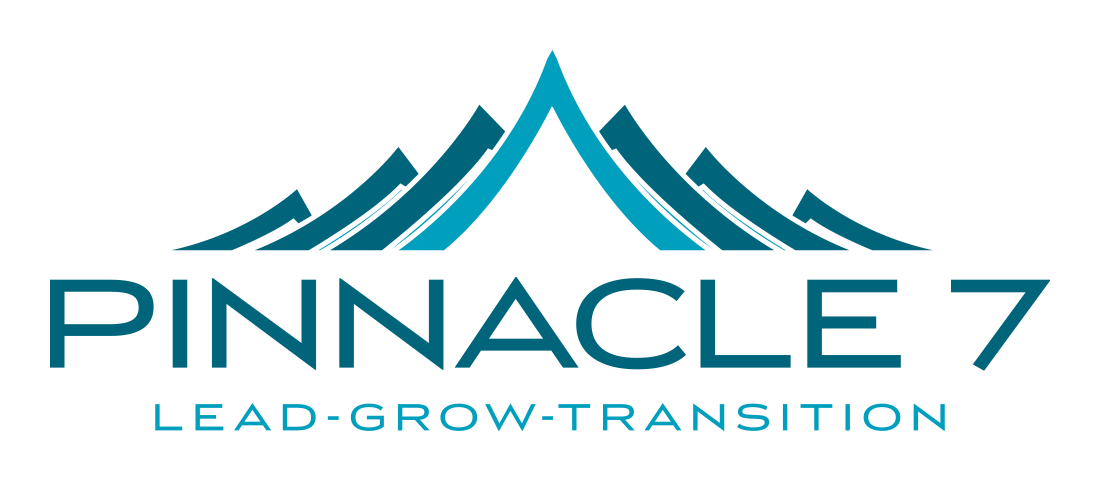
14 Apr Why You Must Not Confuse Sales and Marketing
Many companies (large and small) suffer from a very common affliction. They fail to differentiate between sales and marketing. While these two concepts are somewhat interrelated, they are, in fact, quite different and need to be treated as separate functions in order for a company to reach its full growth potential.
They must be thought of as two different tools in the business toolbox.
Think about it this way. Just as you would not use a hammer to drill in a screw, you should not attempt to use sales or marketing for something it is not intended to do.
Marketing, defined.
In many ways, marketing can be thought of as the stuff that happens before a sale.
Generally, marketing encompasses a much broader range of activities designed to capture a potential customer’s attention, interest them in the product or service, and influence them to make a purchase. It often relies upon some form of metrics to measure not only ultimate sales, but also the interest an individual marketing effort created in your brand, product, or some other aspect of your enterprise.
Marketing is a necessary expense for any business.
It will ultimately lead to enhanced income, but it does not always have the immediacy of sales – requiring it to be evaluated in a different manner.
The horizon for marketing endeavors is almost always much farther away than in sales. It is the vehicle by which your company grows its identity, gains recognition with your target audience, and builds a reputation that will inspire customers to seek out whatever it is that you are selling.
Simply put, it’s the message that prepares the prospect for the sale.
It’s important to remember that the message needs to be consistent across all marketing initiatives (advertising, public relations, social media, relationship marketing, brand marketing, viral marketing and direct mail, just to name a few) and it needs to have a home base. In today’s web-centric business environment, that home base will typically be a well-designed, informative, optimized website that makes it easy for you to convert a prospect into a potential customer.
Sales, defined.
Sales is about meeting customer demand. It is about identifying a more immediate need, appealing to customer desires, and convincing the customer to fork over hard-earned cash in exchange for whatever it is you are selling.
Sales is where the money comes in, and it is rightly measured by meeting goals and quotas based on a company’s budget projections.
Sales is where a company sees the return on its marketing efforts.
It is much more immediate with a horizon that is very close and attainable. In many ways, while marketing is everything that happens before the sale, sales can be defined as everything that happens when a customer has expressed interest in your product or service.
Sales is the way by which a company ultimately generates its income, and thus, is far more transaction-based than marketing.
Marketing and Sales: Different, But Equally Important
Now that I’ve clarified the difference between sales and marketing, it’s important to mention that although the two should be treated as separate functions, they should work together in harmony.
Sales and marketing should support each other. Both are necessities to the success of a company. You cannot do without either process. In fact, studies have shown that it takes multiple contacts using both sales and marketing to move the prospect from one level to the next.
That is why it is important that you develop a process that combines both sales and marketing.
It’s all about balance.


